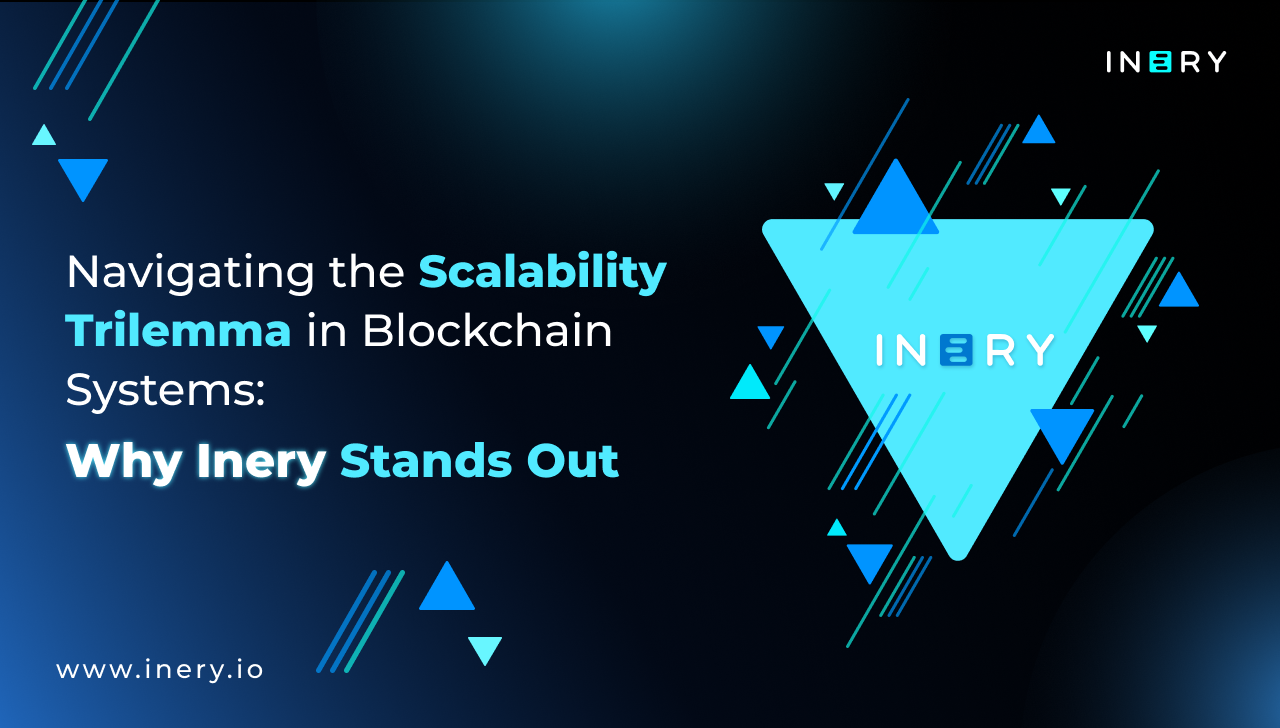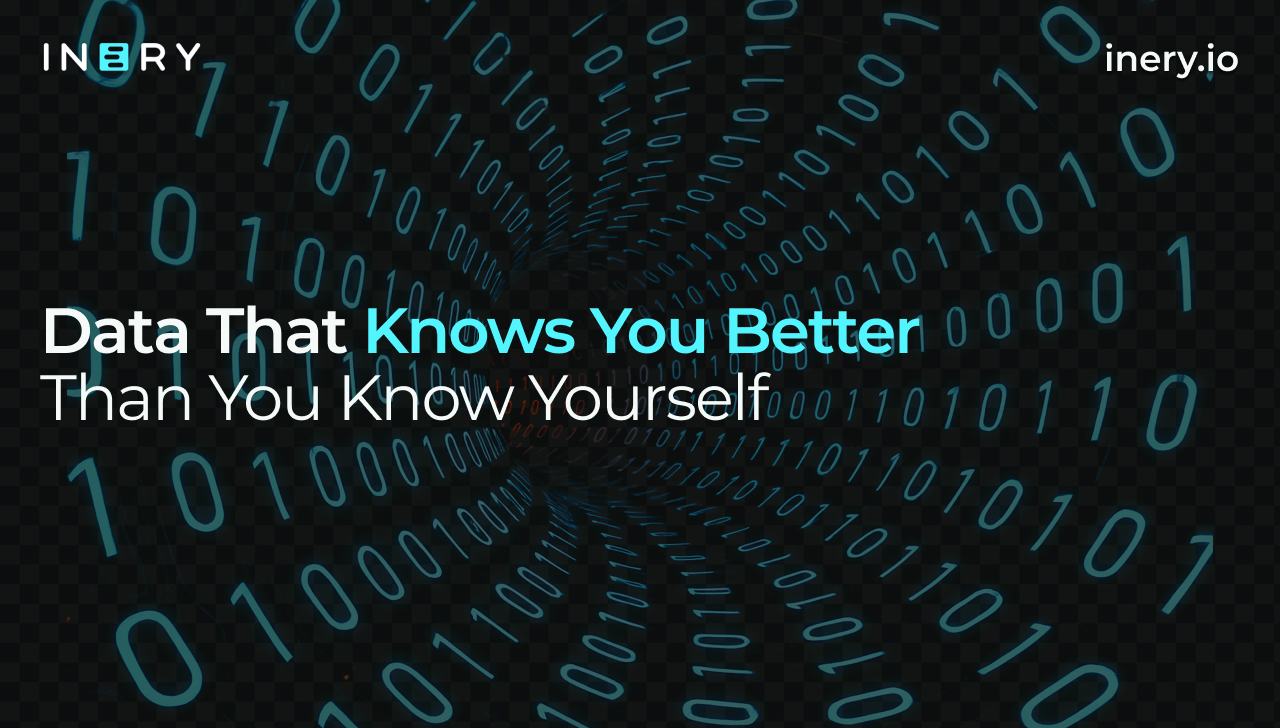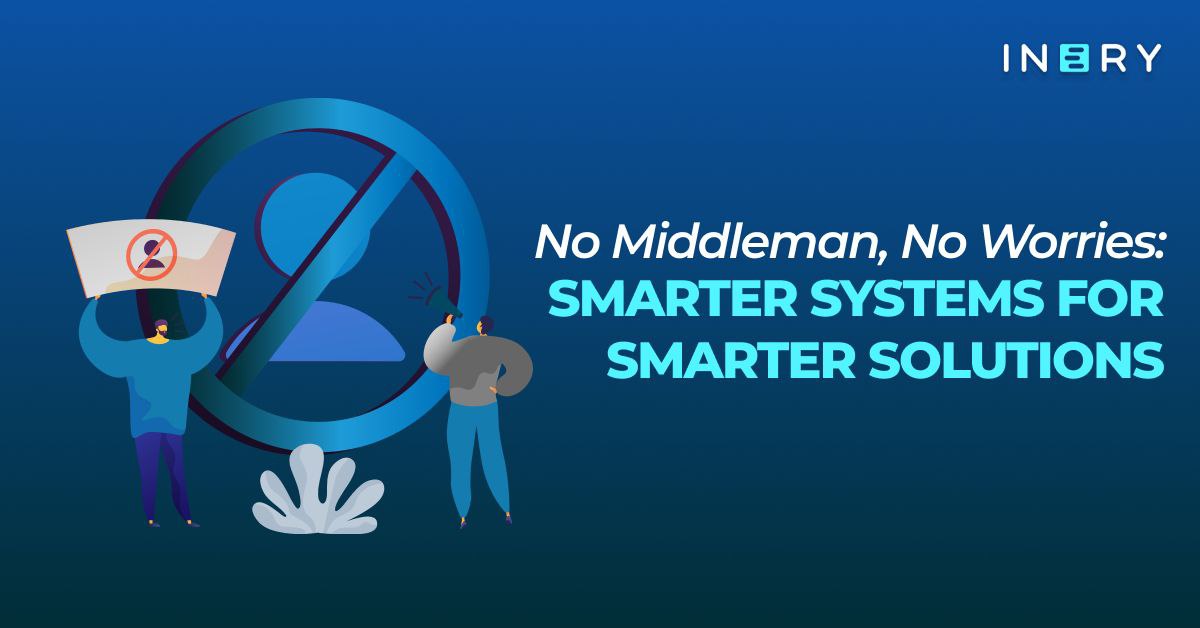Every click, scroll, and interaction we make online contributes to a digital footprint that is far more than a collection of isolated data points. These footprints are carefully tracked, analyzed, and combined to create detailed profiles that can sometimes predict our preferences, decisions, and behaviors more accurately than we can ourselves. What may feel like personalized convenience, product recommendations, curated feeds, and targeted ads are actually the result of extensive monitoring and analysis by companies that profit from understanding our digital habits.
The Growth of Data Collection
Our digital activities generate staggering amounts of information. Every time we browse a website, stream a video, or even use a fitness tracker, data is being collected about us. This data includes not only basic facts such as age, location, or gender, but also patterns of behavior: how we navigate websites, what times of day we are most active online, the types of content we linger on, and even subtle indicators like typing speed or the way we scroll on mobile screens.
These details are aggregated and sold by data brokers, professionals whose entire careers revolve around collecting, analyzing, and monetizing personal information. For example, advertisers pay for insights into purchasing habits and consumer preferences, while political campaigns may acquire datasets to craft tailored messaging aimed at influencing voter behavior. Even companies developing AI systems rely on this vast data to train models capable of mimicking human-like decision-making. The sheer scale and depth of this collection raise serious questions about privacy and consent.. Many people don’t even realize the extent to which their actions are monitored.
How Algorithms Use Our Data
At the center of this data ecosystem are algorithms, or plainly said mathematical formulas that analyze immense amounts of information and identify patterns. These algorithms don’t just record what we do; they make inferences about what we might do next. Social media feeds are curated by algorithms to maximize engagement, recommending content we are likely to click on or comment about. E-commerce platforms predict what we might buy next based on past purchases, search history, and the behavior of similar users. Streaming services suggest movies and shows we have never watched but are statistically likely to enjoy.
The complexity of these systems can be hard to grasp. Algorithms often categorize people based on similarities in behavior, essentially comparing them to thousands or millions of others. This means that decisions and recommendations attributed to our individual preferences are actually derived from patterns observed across many people with comparable data profiles. While this can improve user experience, it also raises concerns about manipulation. The subtle nudging of behavior, what to watch, what to buy, or even what political content to engage with, can happen without our conscious awareness, shaping choices in ways we rarely recognize.
The Role of Large Language Models (LLMs)
The emergence of large language models (LLMs), such as GPT-3 and its successors, has added another layer to the data privacy discussion. These models are trained on massive datasets scraped from the internet, which can include publicly available personal information. While LLMs are not designed to "remember" specific individuals, they learn patterns from the data they process. This training allows them to generate text, answer questions, or simulate human-like conversation with remarkable fluency.
However, the use of personal data for AI training often happens without explicit consent. Individuals whose posts, emails, or other digital content are included in these datasets may not even be aware that their information is contributing to AI development. This lack of transparency and control raises significant ethical questions. Should individuals have the right to opt out of AI training datasets? And how can we ensure that data used in AI models is handled responsibly, without compromising privacy?
The Reality of Digital Oversight
When we combine extensive data collection, sophisticated algorithmic analysis, and the training of AI on personal information, the picture can feel unsettling. Our actions, habits, and even thoughts are being observed and interpreted in ways we may not fully understand. Decisions that affect our everyday lives, like what we buy, where we go, and how we interact online, can be subtly influenced by these unseen systems. Many people have come to accept this as a fact of modern life, but the consequences of unchecked data collection are far-reaching. Misuse, data breaches, and unauthorized exploitation of personal information are constant risks, demonstrating that digital convenience comes at a hidden cost.
Reclaiming Control Over Our Data
Fortunately, there are ways for individuals to regain agency over their personal data. Platforms like Inery are developing tools that allow people to understand what information is being collected about them and decide who can access it. Through decentralized technologies, Inery provides a system where data ownership and consent are central, giving users the ability to control how their information is used and shared.
This approach offers more than just privacy. It enables ethical use of data while empowering individuals to participate in the digital economy on their terms. For example, someone using Inery could authorize specific applications to access certain information while keeping other data private. The transparency built into the system also discourages misuse and encourages accountability from organizations that handle user data.
What Comes Next
As our digital world continues to grow, questions about privacy, consent, and data ethics will only become more pressing. Will we allow data about our behaviors, habits, and identities to be controlled primarily by corporations and brokers? Or will we take steps to ensure that we remain the decision-makers for how our information is used? Platforms like Inery illustrate that alternatives are possible, tools that put control back in the hands of individuals while still enabling innovation in AI and digital services.
The path forward is neither simple nor automatic. It requires awareness, critical thinking, and action. By learning how data is collected and used, advocating for stronger protections, and choosing platforms that prioritize user control, we can reclaim autonomy over our digital lives. Our personal information can remain exactly that, personal, without losing the benefits of technology that can genuinely enhance our daily experiences.
Conclusion
Digital data now forms an intimate and detailed record of our lives. From online activity to offline behavior, every action contributes to profiles that can influence choices in ways most of us don’t fully realize. This is a reality that feels close to science fiction, yet it is happening around us every day. Recognizing the value of our data, understanding how it is used, and taking steps to assert control are essential for preserving privacy, autonomy, and dignity.
Inery DLT demonstrates that it is possible to navigate the digital world without surrendering agency, offering a future where we can participate in the benefits of technology while retaining control over our most personal information.

Inery•
1 year ago
Navigating the Scalability Trilemma in Blockchain Systems: Why Inery Stands Out
Explore how Inery addresses blockchain technology's scalability trilemma through its unique decentralized database management system and custom consensus mechanism. ...READ MORE

Share

Inery•
2 years ago
Unmasking Single Points of Failure: Vulnerabilities in Centralized Databases
Explore the hidden risks and real-world consequences of single points of failure in our latest blog. Learn how to safeguard your systems and ensure uninterrupted operations. ...READ MORE
-1697699665.png)
Share

Inery•
10 months ago
Buying a House? Here’s How to Protect Your Contracts and Data
Protect your property deals in a world where digital fraud is on the rise. Find out how you can secure contracts, verify ownership, and guard personal information using modern solutions. ...READ MORE

Share

Inery•
1 year ago
Optimistic vs. Pessimistic Locking: Differences, Best Use Cases
Learn the distinctions between optimistic and pessimistic locking (concurrency), as well as their preferred use cases, here. ...READ MORE
-1706781057.png)
Share
Most popular today



